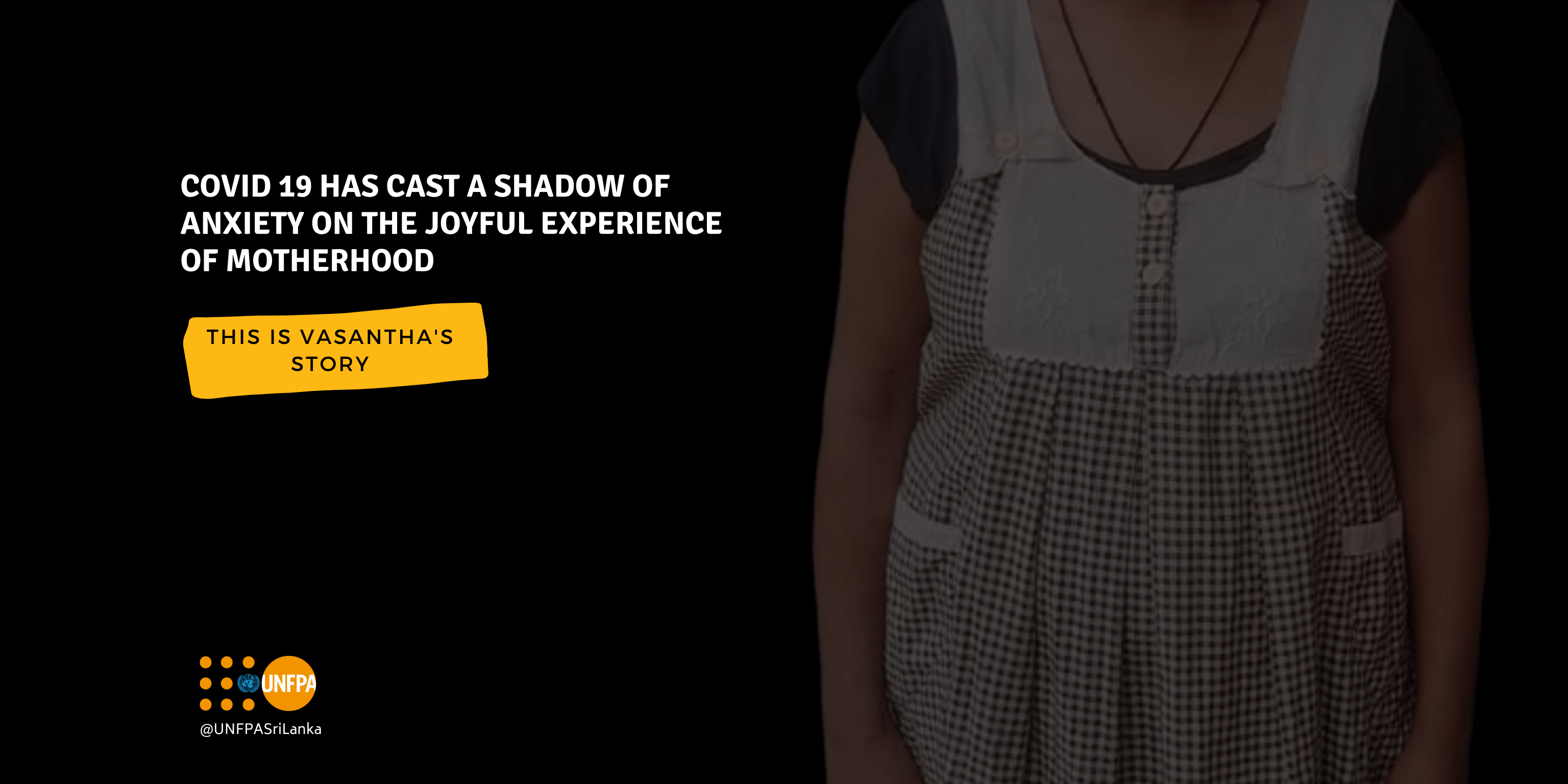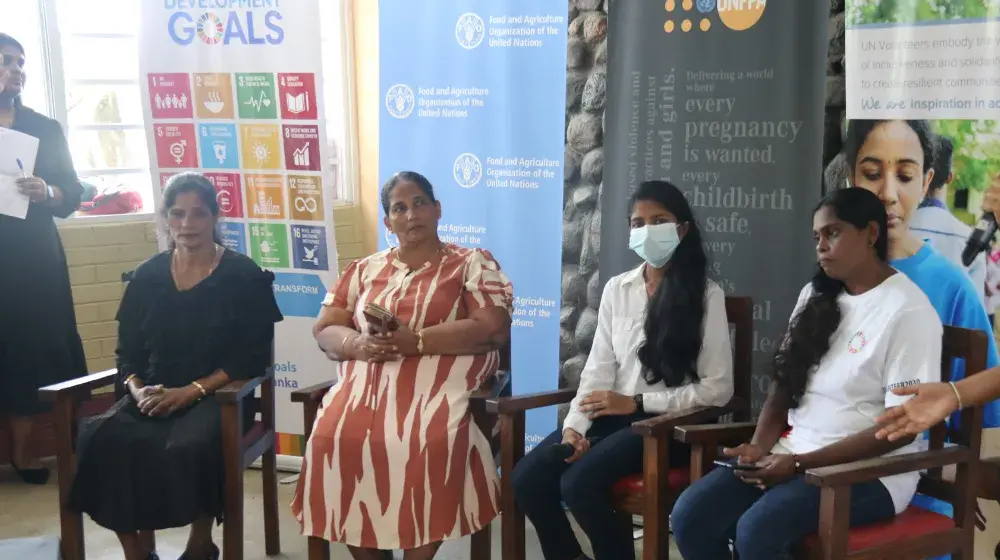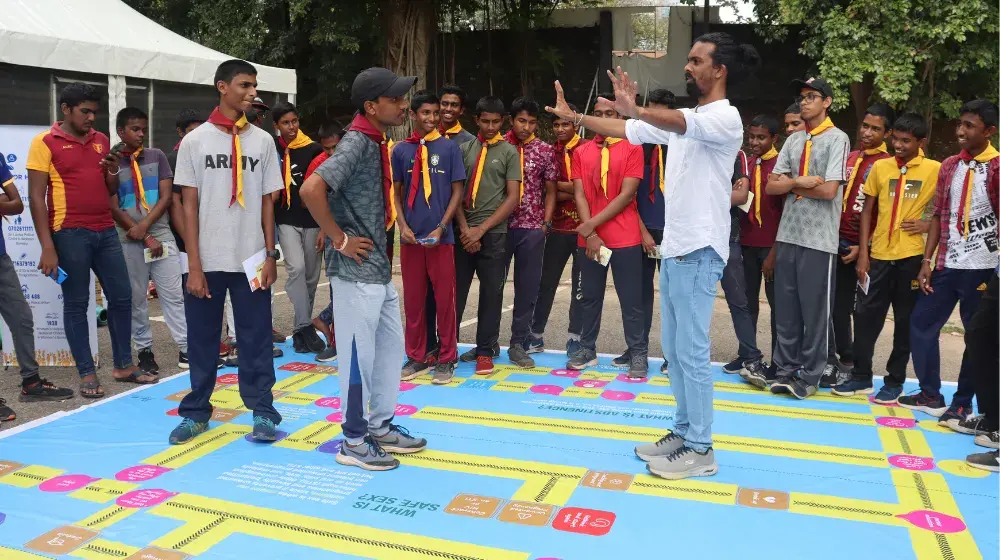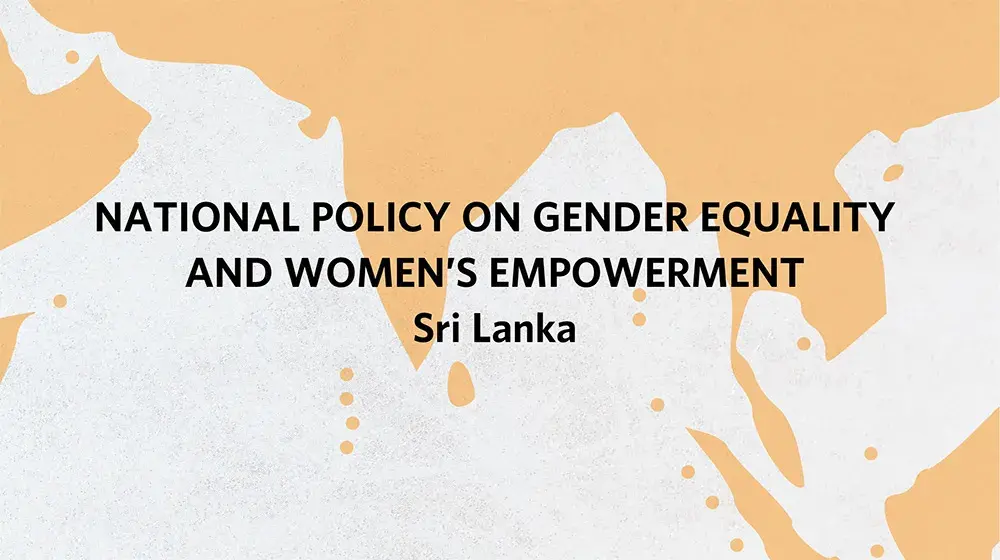COLOMBO, 10 May - A. R. Vasantha Geethani Karunarathna is worried about her heart. She had to be admitted for a cardiovascular condition during her first pregnancy, and her local midwife thinks it is flaring up again amid her second pregnancy, with the baby due in October this year. Vasantha needs an echo test and a scan to pinpoint the exact problem. However, a lockdown, which has been put in place as a response to COVID-19, means Vasantha’s options are limited.
She hasn’t been able to channel a doctor in a private hospital. The waiting list at the public hospital is longer, but she plans to try her luck next week. It won’t be an easy journey – the hospital is over an hour away in the Hambantota district and there is no public transport available. Vasantha and her husband will have to hire a three-wheeler or a van to get to the hospital. Money is already very tight, and so she doesn’t know how they will manage. “I would have peace of mind if I can get this test,” she says, determined to try.
Meanwhile, Vasantha is relying on midwives employed by the Ministry of Health in Thanamalwila to keep an eye on her. Since the lack of transport also makes it hard for her to go to the Ministry of Health’s clinics, she stays in touch with the midwives over the phone. They have shared government advice with her, and so Vasantha and her family wash their hands regularly, maintain physical distancing and disinfect anything they take out with them or that comes into their home. As she is pregnant, Vasantha doesn’t risk going outside and ensures that her husband wears a mask and gloves when he ventures out to get groceries for them.
Vasantha is also hedging her bets by following advice based on traditional medicine: she has taken to wearing asafoetida, a bitter, gum-like resin used in traditional medicine, around her waist – it’s rumoured that it can protect one from COVID-19; she also gargles regularly with salt water. Despite clear messages from WHO and other health bodies that such methods do not work against the coronavirus, many still persist in trying them out.
At home, she has been teaching her seven-year-old daughter about COVID-19. The little one is curious and has learned how to wash her hands regularly with soap. “She understands the severity to a certain extent,” says Vasantha. She hopes that by the time the new baby arrives, the worst will be over. “I hope things will be back to normal by that time.”
As Vasantha’s first pregnancy demonstrated, pregnant women and their babies are vulnerable even at the best of times. During crises such as the pandemic, these are exacerbated, adding to mental stress. UNFPA works with government and civil society partners to connect women to health services and providers, including midwives, despite the challenges. COVID-19 is demonstrating the need to step up such efforts to reach all those who need support.





